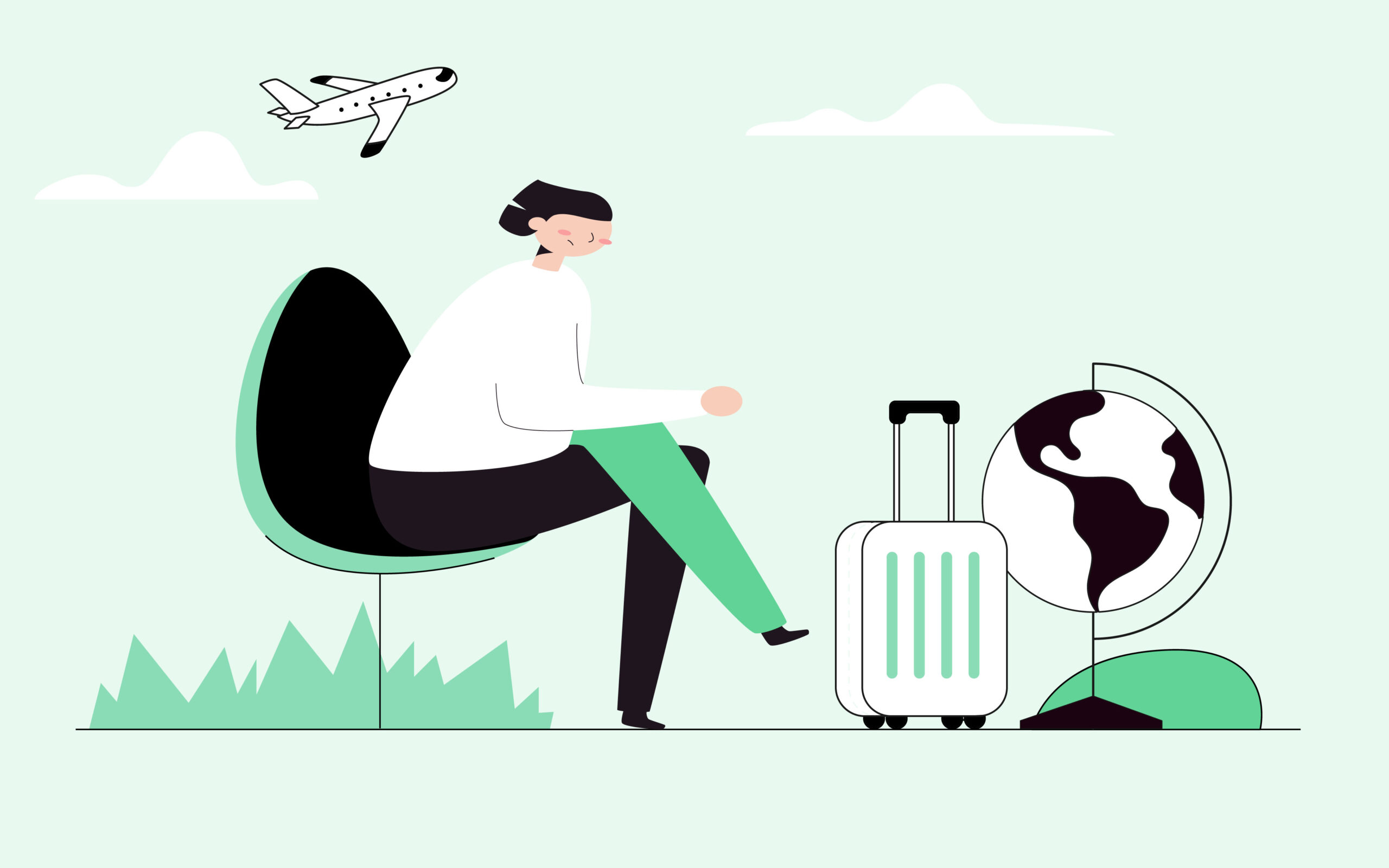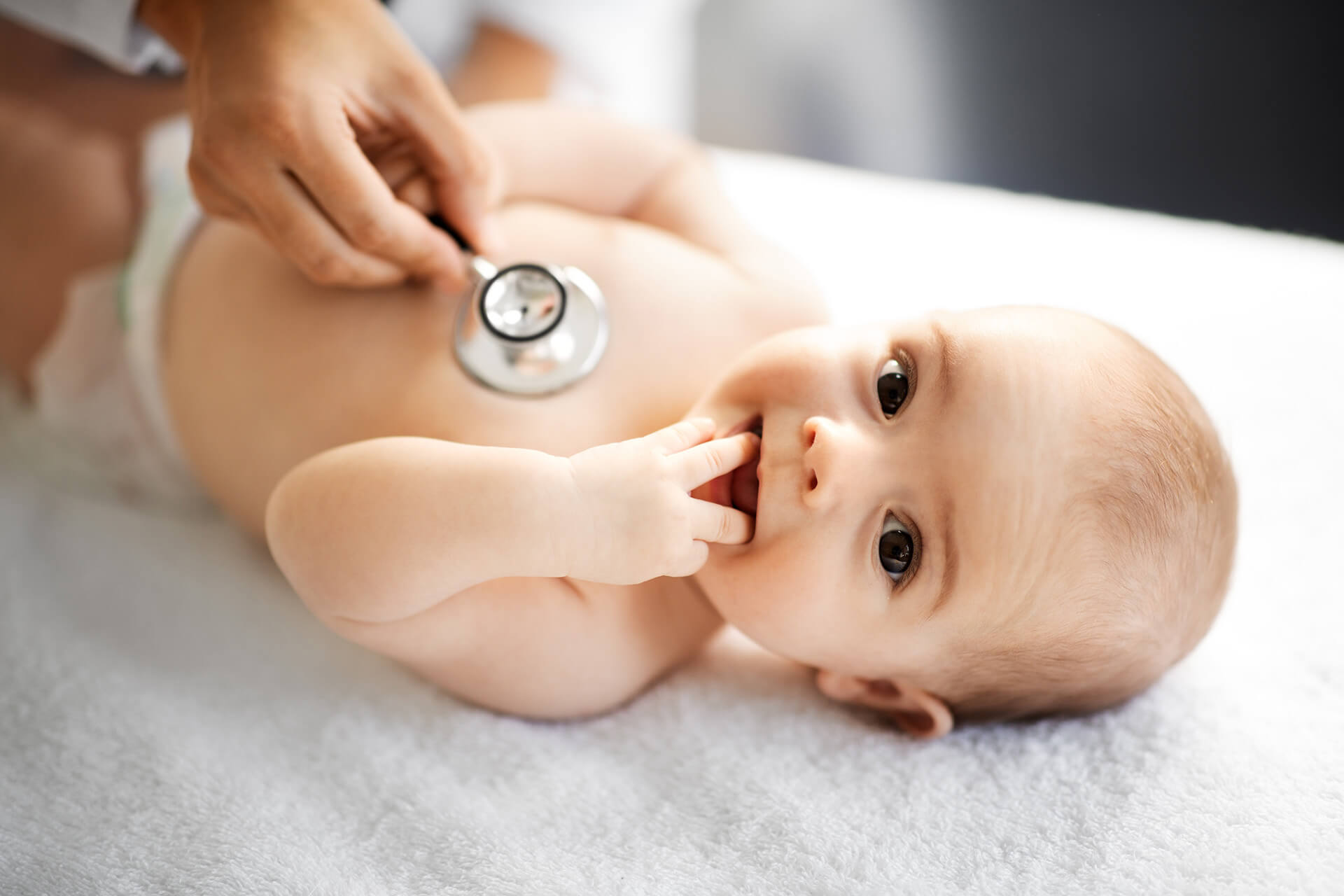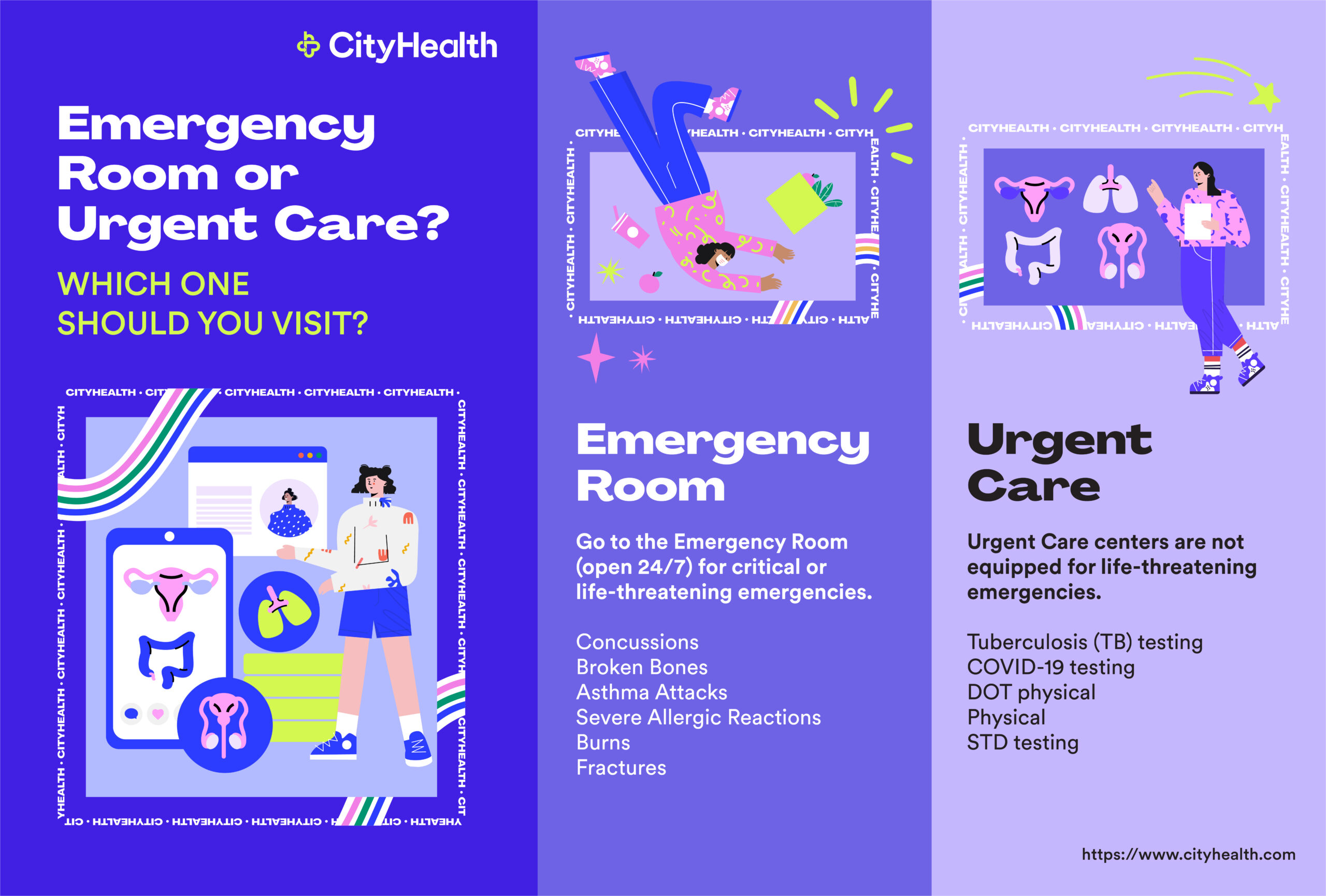The best steps to take before traveling internationally
Get prepared, stay prepared! One of the best ways to fend off pandemic-induced anxiety is getting vaccinated. Getting fully vaccinated before you travel is the smartest thing you can do before boarding a plane; not only will you be protecting yourself, but many countries also have relaxed entry requirements for vaccinated travelers. If you’re not already fully vaccinated, the process takes about 2 weeks to one month in total depending on what kind of vaccine you get. You’re not considered fully vaccinated until 2 weeks after your second dose (for 2-dose vaccines like Pfizer or Moderna), or 2 weeks after the single-dose Johnson & Johnson vaccine.Travel clearance documentation
Along with your passport, VISAs, and any custom entry clearance forms required by your destination country, you’ll also need to bring negative COVID-19 test result documentation. The type and timing of the test will depend on the country you plan to visit. Depending on the country, you may also need to download and use a special COVID tracking app, or fill out a form attesting to your location and travel plans. Be sure to check with your destination country before you leave to ensure you’re taking the right test at the right time, and have all the proper documents ready. If you’re traveling abroad in 2021, you’ll need to arrange for COVID testing documentation within three days of your return flight home to the United States. Having this travel clearance requirement in mind can help you prepare accordingly.Return testing
When it comes to your return test, you can research and book a COVID testing appointment beforehand, so that all you have to do during your vacation is show up at your designated appointment time. For example, if you’re visiting Puerto Vallarta, look up Biomedical Center, where CityHealth has partnered with a renowned local clinic to offer CDC-approved Rapid Antigen tests to US travelers returning home from PV. There are also self-testing COVID kits like the RapidReturn Test Kit that are CDC-approved and provide approved documentation for re-entering the US. You can administer these tests in the convenience of your own home and on your own schedule.Travel insurance
Travel insurance is another top choice for travelers in 2021 who want to stay prepared against worst-case scenarios. Travel insurance is an insurance policy that reimburses you for things that went wrong during your trip and is especially useful if you’re planning a more expensive trip. If you have travel anxiety, you’ll definitely sleep better knowing you have proper travel insurance. If you become ill or get injured on your trip, travel insurance coverage can help cover the cost of local doctors, hospital stays, medication, and emergency transportation. For many popular destinations, such as Costa Rica, adequate travel insurance is mandatory for any would-be visitors.Travel safety kit
Another way you can stay prepared is by assembling and bringing a COVID Travel Safety Kit with you. This can include everything from extra face masks, hand sanitizers, and disinfecting wipes to gloves, COVID self-testing kits, and a first-aid kit. It might look a little bit extra, but you can even consider wearing a face shield, especially if that eases your anxiety about COVID infection in crowded spaces like airplanes. You can bring with you whatever stress-relieving activities help you relax, like books, a feel-good playlist, or movies downloaded to your device.Extra trip planning
There’s a famous quote by Benjamin Franklin stating “if you fail to plan, you’re planning to fail.” It applies to pretty much everything, but especially international travel in these high-caution times. You can plan your itinerary to avoid crowded, indoor places. Get into the habit of wearing sunglasses and wearing your mask whenever possible. These not only prevent contact of airborne droplets but also serve as a physical reminder to not touch parts of your face. Avoid touching your face, especially your eyes, nose, or mouth without having washed your hands immediately before. Another way you can ease your pre-international travel anxieties surrounding your health and COVID-19 is to have a plan for the worst-case scenario. Look at where your local hospitals, quarantining hotels, or accommodations would be, make a spreadsheet or list of some contact phone numbers and addresses beforehand. Worst case, if you are to potentially get infected while on your vacation, you’ll have your local care options more readily available. If you’re in a location where English isn’t commonly spoken, or where many residents aren’t fluent in English, it could be worth pre-translating some helpful phrases in case you need assistance.Choose your destination carefully
Another big anxiety-inducing aspect of international travel is the logistics behind all your destinations and flight routes. Different countries, states, and even cities have their own restrictions and procedures. These restrictions can change without warning, depending on the current rate of COVID infections in the country. Knowing quarantine mandates, mask requirements, and the safety guidelines that affect how local businesses operate and are opening. This is an aspect of international travel during the pandemic that can’t be avoided or planned ahead for, so it’s best to accept this risk while still being informed and on top of local happenings. While there are no guarantees COVID restrictions won’t change while you’re there, you can make a wise choice by taking a few things into consideration when choosing a destination.-Look for countries with a high vaccination rate. They typically have lower rates of infection and may be less likely to have overloaded hospitals. -Choose destinations with low COVID infection rates, especially of the highly transmissible Delta variant. -Countries with lower population densities, or more rural areas where people are more spread out make maintaining social distancing easier. -You may want to avoid bustling cities and busy marketplaces, but a road trip through the countryside or a hiking adventure could allow for some international adventure while keeping you a bit safer. -Opt for countries with social distancing, mask-wearing, and other precautions in place. While this may make your travel experience a little different, these measures are designed to keep you safe. -Be mindful of medical standards, especially regarding COVID testing, in your destination country. When it’s time to return home after international travel, you’ll need a Rapid Antigen or PCR test from an approved provider. Either take a travel COVID test with you or be sure you can find an approved testing provider wherever you go.



